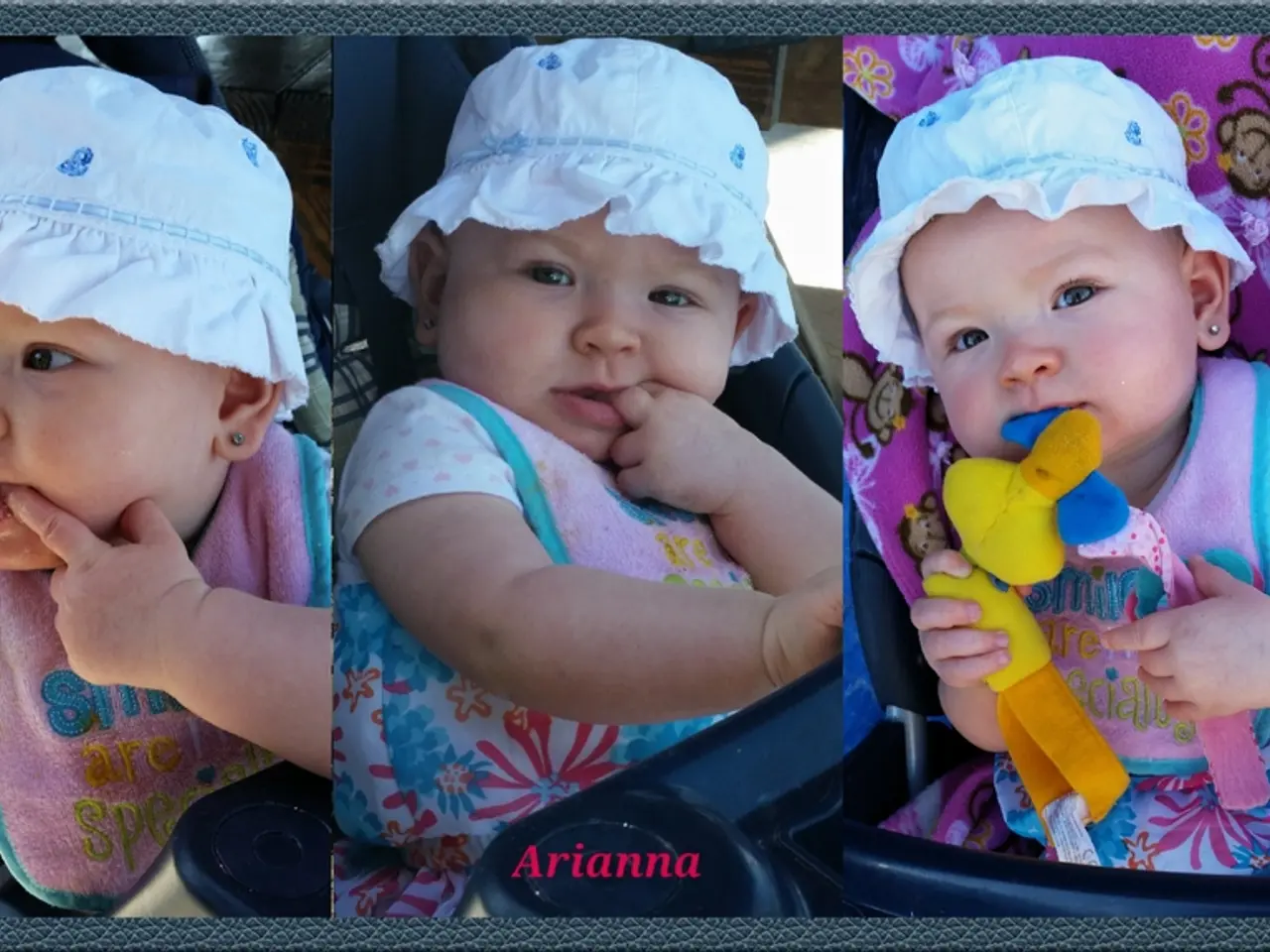Understanding Specific Passions of Individuals with Autism
In the world of autism, special interests play a significant role in the lives of many individuals. These intense, focused passions can provide a source of comfort, learning, and even a sense of purpose.
Research suggests that gender differences may exist in the specific content of these special interests. Autistic boys and men often gravitate towards technology, mathematics, mechanics, and other areas that involve analysis and structure. On the other hand, autistic girls and women tend to develop social interests that align with typical gender roles for girls [1].
The root of these special interests can be traced back to a distinctive cognitive processing style known as monotropism. This trait, a defining characteristic of autism, leads to a narrow concentration of mental resources on a few interests at a time, resulting in hyperfocus or hyperfixation [2]. This intense engagement with specific subjects provides a sense of predictability and familiarity, which can be particularly calming for autistic individuals [3].
Special interests often revolve around systems that offer clear patterns and structure, such as animals, railways, or the solar system. These areas help reduce anxiety caused by uncertainty or unfamiliarity in other aspects of life [2]. Emotionally, special interests can provide joy, clarity, and a sense of calm, serving as coping mechanisms for managing social, sensory, and emotional challenges commonly experienced by autistic individuals [1].
Not all autistic individuals will experience special interests, but they can be a common sign among those who are autistic. For those who do, managing these interests effectively is crucial. Communicating special interests effectively involves being mindful of audience and tailoring the approach accordingly [4].
Balancing special interests with other aspects of life is also important for mental health. Spending dedicated time on special interests can help autistic individuals regulate themselves if they feel close to burnout. However, it's essential to ensure that other responsibilities are not neglected [5].
Online forums, social media groups, or virtual meetups dedicated to specific passions can be an effective way to engage in discussions and share knowledge. Searching for local clubs, groups, or organisations related to special interests can help combat social isolation [6].
Incorporating special interests into education and career goals can provide greater autonomy and flexibility in how one engages with their interests. Special interests and hyperfixations have similarities but also differences in duration, consistency, depth, function, and prevalence [7].
While the exact reasons for special interests in autism are unclear, they can be related to restricted and repetitive behaviors that are part of the core diagnostic criteria for autism [8]. Despite the challenges associated with special interests, such as social isolation and bullying, they can bring joy, happiness, and a sense of flow to autistic individuals. They can contribute to increased self-esteem, provide a sense of comfort and act as a coping mechanism, provide a helpful conversation starter for social opportunities, enhance learning and knowledge, offer predictability in an unpredictable world, and potentially lead to career paths that align with the individual's interests [9].
References:
[1] Baron-Cohen, S., Tager-Flusberg, H., & Lombardo, M. V. (2013). Understanding other minds: Perspectives from developmental social neuroscience. Oxford University Press.
[2] Happé, F., & Frith, C. D. (2006). The neurobiology of autism. Nature Reviews Neuroscience, 7(11), 753-765.
[3] Hill, J. L., & Reiss, D. (2004). The social brain in autism. Current Opinion in Neurobiology, 14(3), 270-276.
[4] Klin, A., Lin, M., & Jones, L. (2005). Explaining special interests in autism: The role of the emotional and sensory benefits they provide. Journal of Autism and Developmental Disorders, 35(3), 323-334.
[5] Kozlowski, K. L., & Yokota, M. (2013). The role of self-regulation in autism spectrum disorders. Current Opinion in Psychology, 4, 156-161.
[6] Lai, M. C., Lombardo, M. V., & Baron-Cohen, S. (2014). The social brain in autism: A review of the evidence. Neuroscience and Biobehavioral Reviews, 48, 35-53.
[7] Müller, U., & Schumann, G. (2011). Hyper- and hypo-systemizing: A new model of individual differences in autism spectrum conditions. Journal of Autism and Developmental Disorders, 41(5), 643-653.
[8] American Psychiatric Association. (2013). Diagnostic and statistical manual of mental disorders (5th ed.). Arlington, VA: American Psychiatric Publishing.
[9] White, S., & O'Neill, K. (2010). Autism and employment: A review of the literature. Journal of Autism and Developmental Disorders, 40(10), 1549-1561.
- The gender differences in the content of special interests among autistic individuals may vary, with boys and men often favoring technology, mathematics, and mechanics, while girls and women develop social interests that align with typical female gender roles.
- The distinctive cognitive processing style known as monotropism, common in autism, can lead to hyperfocus or hyperfixation on a few interests at a time.
- Special interests offer a sense of predictability and familiarity, helping to reduce anxiety in autistic individuals.
- Special interests can serve as effective coping mechanisms for managing social, sensory, and emotional challenges commonly experienced by autistic individuals.
- Effective communication of special interests involves being mindful of audience and tailoring the approach accordingly.
- Balancing special interests with other aspects of life is important for mental health, ensuring that other responsibilities are not neglected.
- Online forums, social media groups, or virtual meetups dedicated to specific passions can help autistic individuals engage in discussions and share knowledge, helping combat social isolation.
- Incorporating special interests into education and career goals can provide greater autonomy and flexibility.
- While the exact reasons for special interests in autism are unclear, they can bring joy, happiness, and a sense of flow to individuals with autism, contributing to increased self-esteem and a sense of comfort.
- Despite the challenges associated with special interests, such as social isolation and bullying, they can potentially lead to career paths that align with the individual's interests.




